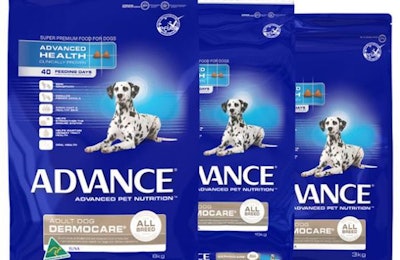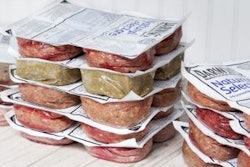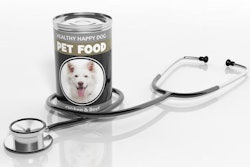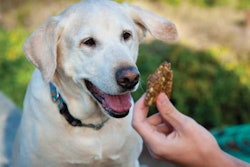
Mars Petcare Australia voluntarily recalled ADVANCE Dermocare dry dog food products from the Australian pet food market, according to the company’s website.
The recall comes after several dogs were affected by megaesophagus, a condition that is generally not associated with food, according to Mars. Mars ran hundreds of tests on ADVANCE Dermocare and no causal link has been found between the condition and our product. Mars recalled the dog food as a precaution until the mystery of the megaoesophagus outbreak is solved.
Starting in December in Victoria, nine police dogs, including one who was euthanized, were affected by megaoesophagus, an enlargement of the esophagus, reported SBS News. One common factor among the dogs was the ADVANCE Dermocare dry dog food.
The recalled bags of ADVANCE Dermocare dog food will have been purchased from specialty retailers and veterinarians. The dog food comes in three-kilogram, eight-kilogram and fifteen-kilogram bags. No other ADVANCE products or varieties are affected.
Megaesophagus in dogs
Megaesophagus is characterized by generalized enlargement of the muscular tube leading from the throat to the stomach, the esophagus, according to Pet MD. The enlargement is associated with decreased or lack of movement by the esophagus, which reduces the animals ability to move food and liquids into the stomach.
Symptoms of megaesophagus include:
- Regurgitation
- Aspiration pneumonia
- Vomiting
- Cough
- Nasal discharge
- Increased respiratory noises
- Weight loss
- Extreme hunger or lack of appetite
- Excessive drooling
- Bad breath
- Poor growth
Dogs are more prone to megaesophagus than cats. Certain dog breeds suffer from the condition more frequently. For example, Wire-haired Fox Terriers and Miniature Schnauzers may be born with the problem. German Shepherds, Dachshunds, Great Danes, Irish Setters, Labrador Retrievers, Pugs and Chinese Shar-peis may be more prone to acquiring the disease.














